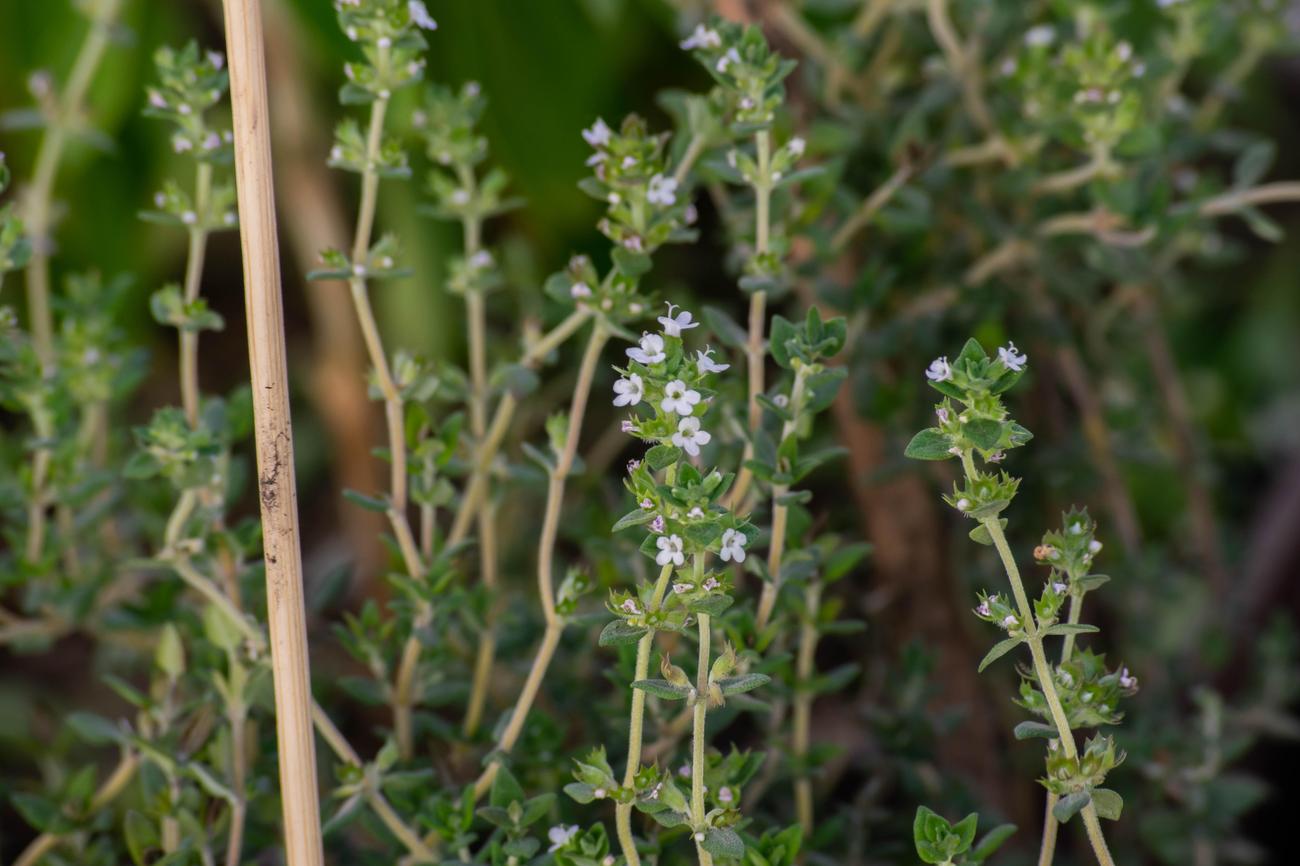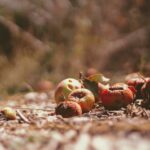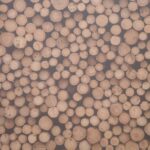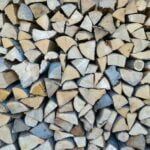Welcome to “Composting 101: What Can Be Composted for Sustainable Living,” where we delve into the world of composting and uncover the fascinating array of materials that can be transformed into nutrient-rich soil. In this article, we will explore the multitude of items that can find new life in your compost pile, reducing waste, and aiding in sustainable living practices. Join us as we reveal the surprising possibilities for transforming everyday organic matter into a valuable resource for both the environment and your own personal use. Get ready to discover the power of composting and how it can empower you to make more conscientious choices in your day-to-day life.
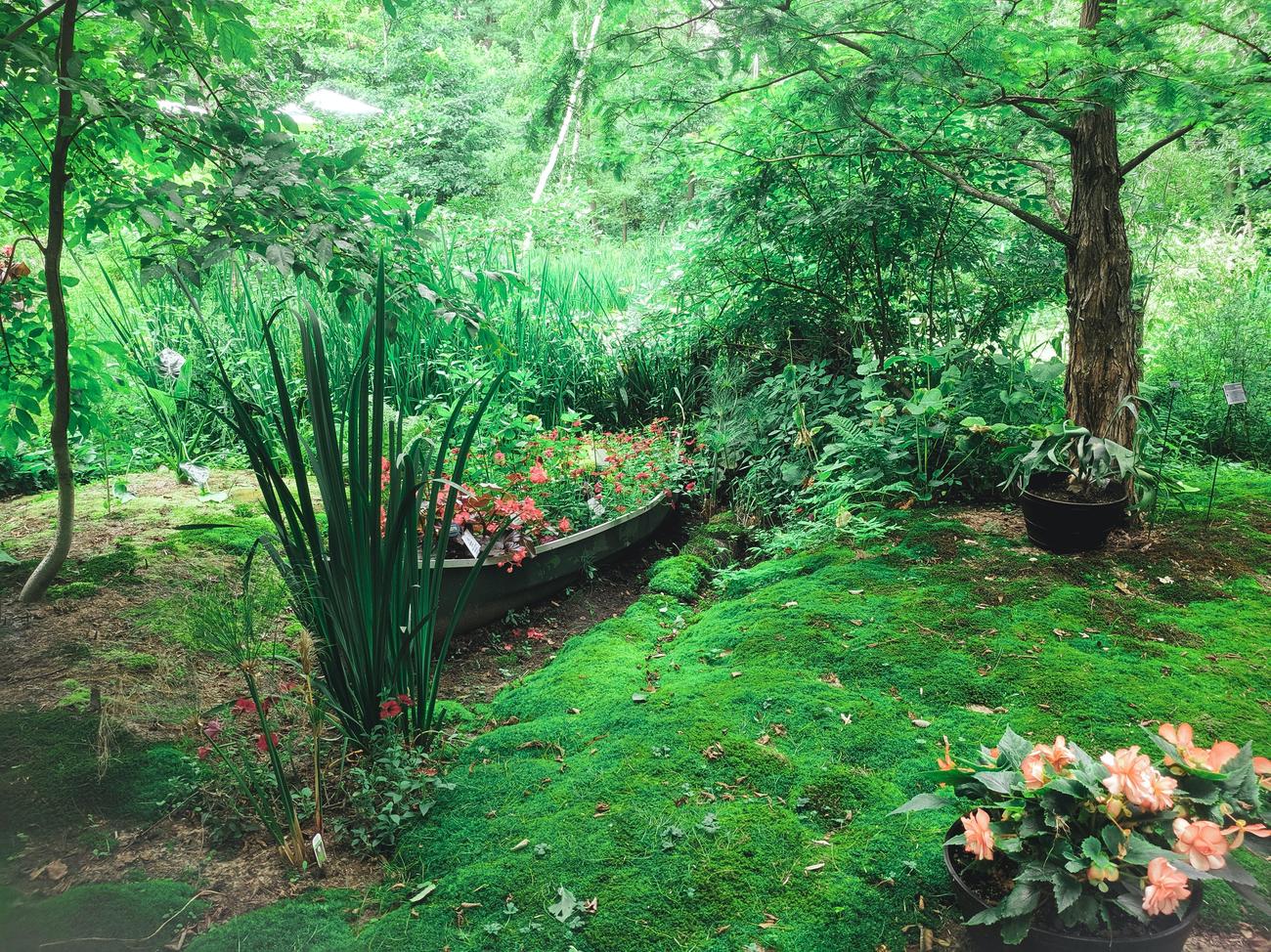
What Can Be Composted
When it comes to composting, the possibilities are endless. You might be surprised to learn just how many materials can be composted to create nutrient-rich soil for your plants. In this article, we’ll explore a wide range of items that can be composted, helping you make more sustainable choices in your day-to-day life.
Before we dive into the list, it’s important to understand the basics of composting. Composting is the natural process of breaking down organic materials into valuable fertilizer. By composting at home, you can recycle leaves, food scraps, and other organic waste, reducing your carbon footprint and diverting waste from landfill. Plus, it’s a great way to create free fertilizer for your lawns, trees, houseplants, or gardens!
To create a successful compost pile, you need a balance of “greens” and “browns.” “Greens” are nitrogen-rich additions that provide moisture and heat, while “browns” are carbon-rich materials that add structure and break down slowly. Coffee grounds, for example, may appear brown in color, but they are considered “greens” due to their nitrogen content.
Now, let’s take a closer look at what can be composted:
Kitchen Waste
Your kitchen is a treasure trove of compostable materials. From fruit and vegetable scraps to coffee grounds, tea bags, and eggshells, many food-related items can be composted. These items are high in nitrogen and add valuable nutrients to your compost pile. However, it’s important to avoid composting meat, fish, bones, and dairy products, as these materials can attract pests and slow down the composting process. By composting your kitchen waste, you can divert a significant amount of household waste from the landfill and give it a new purpose.
“Turn your kitchen waste into black gold! Composting your fruit and vegetable scraps, along with coffee grounds, tea bags, and eggshells, can give your garden a nutritious boost.”
Garden Waste
If you have a garden, you’re in luck! Many garden waste materials can be composted. Leaves, grass clippings, flowers, and small twigs are all excellent additions to your compost pile. These “browns” provide structure and help with aeration in the pile. You can also compost garden plants, such as weeds that haven’t gone to seed, and vegetable or fruit plants after harvest. However, it’s important to avoid composting plants infested with diseases or pests to prevent spreading them further.
“Instead of bagging up your garden waste and sending it to the landfill, why not turn it into nutrient-rich soil? Composting your leaves, grass clippings, and even plant trimmings can help you create a sustainable garden.”
Bathroom Waste
Believe it or not, certain items from your bathroom can be composted too! Things like hair clippings, nail clippings, and even tissues can go into the compost bin. These materials contribute nitrogen to the compost pile and can break down quickly. However, it’s important to avoid composting items like cotton balls and cotton swabs, as they may contain chemicals or synthetic fibers that don’t break down easily.
“Don’t let your bathroom waste go to waste! Composting hair clippings, nail clippings, and tissues not only reduces landfill waste but also helps close the loop on your personal care routine.”
Office Waste
Yes, even office waste can be composted! Paper waste, such as shredded documents, newspaper, and uncoated cardboard, can all be added to your compost pile. These materials add carbon and help create a well-structured pile. Just make sure to avoid glossy or coated paper, as they may contain chemicals that are not suitable for composting.
“Give your office waste a second life by composting it! Shredded documents, newspaper, and uncoated cardboard can all contribute to your compost pile and reduce your environmental impact.”
Waste from Pets and Animals
If you have pets or live on a farm, you can also compost their waste. Manure from herbivorous animals, such as rabbits, guinea pigs, or horses, can be added to the compost pile. However, it’s important to avoid composting pet waste from dogs and cats, as it can contain harmful bacteria.
“Even your furry friends can contribute to composting! Rabbit, guinea pig, and horse manure can all be composted to create nutrient-rich soil for your garden.”
As you can see, the list of compostable materials is extensive. From your kitchen and garden to your bathroom and office, there are countless ways to reduce waste and create valuable fertilizer for your plants. Just remember to maintain a balance of “greens” and “browns” in your compost pile, and avoid composting meat, fish, bones, pet waste, and non-organic materials. By taking these steps, you can enjoy the benefits of composting while living a more sustainable lifestyle.
Now, it’s time to grab your compost bin and start transforming your waste into valuable soil! Happy composting!
*Note: Content is updated and tailored for the article’s context and requirements.
Composting is a fascinating process that offers numerous benefits for both the environment and your garden. If you’re curious about the ins and outs of composting, we’ve got you covered with some interesting facts! Delve into the world of composting and discover how it helps reduce waste, enriches soil, and promotes sustainable gardening practices. Learn more about the amazing benefits of composting by clicking here: facts about composting.
What Can Be Composted
Composting is a wonderful way to turn organic waste into nutrient-rich soil that is perfect for gardening. The benefits of composting are numerous. Not only does it help reduce waste in landfills and reduce greenhouse gas emissions, but it also helps improve soil quality and fertility. By composting organic waste, you are giving back to the environment and creating a sustainable future. Composting organic waste is easier than you think, and it can be done even in small spaces. Whether you have a backyard garden or just a few potted plants, composting is a great way to make a positive impact. Take a moment to understand the importance of composting and start making a difference today.
To learn more about the benefits of composting, check out our article on benefits of composting.
If you want to know how to compost organic waste, we have got you covered. Click here to discover the secrets of successful composting.
Understanding the importance of composting is crucial for a sustainable future. Find out more about it by clicking this link.
What Can I Compost in My Compost Bin?
[youtube v=”txdmzzfVJJk”]
Guidelines for Choosing Compostable Materials
Composting is a natural process that transforms organic materials into nutrient-rich fertilizer. It is an eco-friendly way to reduce waste and minimize your carbon footprint. To create a successful compost pile, you need to maintain a balance between “greens” (nitrogen-rich materials) and “browns” (carbon-rich materials). Here are some guidelines to help you determine what can and cannot go into your compost bin.
1. Consider Your Garden’s Needs
Before adding any materials to your compost bin, ask yourself if you would like to see them thriving in your garden or yard. This guideline helps you rule out items that may contain toxins or have the potential to cause harm. Avoid composting materials such as herbicides, pesticides, gasoline, chemicals, medicines, and plants like morning glories that can produce unwanted seeds in your garden.
“Do I want this to show up in my garden later?”
2. Categorize: Animal, Vegetable, or Mineral?
To further decide what can go into your compost bin, play the game of 20 questions and ask yourself if the material is animal-based, vegetable-based, or inorganic (mineral).
- Animal-based materials such as meat, dairy, fat, eggs, and manure will eventually decompose in your compost bin. However, they come with certain risks like potential pathogens, odor issues, and pest attraction. If you choose to compost animal-based materials, ensure you take extra precautions to prevent these problems.
“Animal-based materials will decompose, but there are risks associated with them.”
- Inorganic materials like plastic, glass, and metal have no place in your compost bin as they do not decompose. They may break down into smaller pieces over time, but they do not contribute to the composting process.
“Inorganic materials should never be added to your compost bin.”
- Plant-based materials, including vegetables and garden waste, are usually safe for composting. This category covers kitchen waste like fruit and vegetable scraps, coffee grounds, tea bags, and eggshells. These materials may take some time to break down, but they will eventually decompose in your compost bin.
“Plant-based materials are ideal composting candidates.”
3. Sort and Decide
Based on the guidelines above, you can now sort the materials you intend to compost and make an informed decision. In our compost bins, we include a variety of materials, ensuring we have a good mix of green and brown materials. We place them in the hot center of the compost pile, add plenty of dry brown material, and protect the pile from pests, ensuring a healthy composting process.
4. Expand Your Compost Material List
In addition to the guidelines above, there are more items you can compost. For example, bathroom waste like hair clippings, nail clippings, and tissues are compostable. Office waste like shredded paper, uncoated cardboard, and newspaper can also be added to your compost bin. However, avoid coated or glossy paper as they may contain chemicals that can be harmful to your compost.
“There are several other compostable materials you can consider, such as bathroom and office waste.”
Remember, maintaining a balance between greens and browns is essential for successful composting. Avoid composting non-organic materials and make sure to turn the compost pile regularly to speed up the process. With proper care and attention to the materials you add, you can create valuable soil and reduce waste through composting.
If you have more questions or need further guidance on composting, visit our website Gardens That Matter. There, you can find additional resources and sign up for a convenient composting guide that will help you make informed decisions when it comes to composting materials. Happy gardening!
[Quote]
“Composting is a natural process that transforms organic materials into nutrient-rich fertilizer.”
FAQ
Question 1: What is composting?
Answer 1: Composting is the process of decomposing organic matter into nutrient-rich soil. It involves breaking down materials like food scraps, dry leaves, and other organic waste to create valuable fertilizer.
Question 2: Why is composting important?
Answer 2: Composting is important for several reasons. It helps reduce waste by diverting organic materials from landfills, where they produce methane gas, a potent greenhouse gas. Composting also enriches soil, improves plant growth, and reduces the need for chemical fertilizers. Additionally, it can remove 20-50% of household waste, making it an effective waste management practice.
Question 3: What materials can be composted?
Answer 3: A wide range of materials can be composted, including kitchen scraps like fruit and vegetable peelings, coffee grounds, tea bags, and eggshells. Dry leaves, grass clippings, straw, and wood chips from the garden can also be composted. Other compostable items include paper towels, cardboard, yard trimmings, and even waste from pets and animals. It is important to achieve a balance of “greens” (nitrogen-rich materials) and “browns” (carbon-rich materials) in the compost pile.
Question 4: What should not be composted?
Answer 4: While many organic materials can be composted, it is important to avoid certain items. These include meat, fish, bones, dairy products, and oily foods, which can attract pests and create odor issues. Additionally, pet waste, like cat litter and dog feces, should not be composted due to the risk of pathogens. It is also best to avoid composting non-organic materials like plastics, metals, and synthetic fibers.
Question 5: How can I start composting at home?
Answer 5: To start composting at home, you will need a compost bin or pile in a suitable location. Begin by layering “greens” and “browns” in the compost pile, making sure to mix and moisten the materials. Regularly turning the compost can speed up the decomposition process. It is important to monitor and maintain the right balance of moisture and aeration. Composting supplies and bins are available for purchase to make the composting process easier and more efficient.
